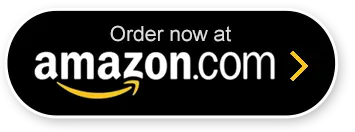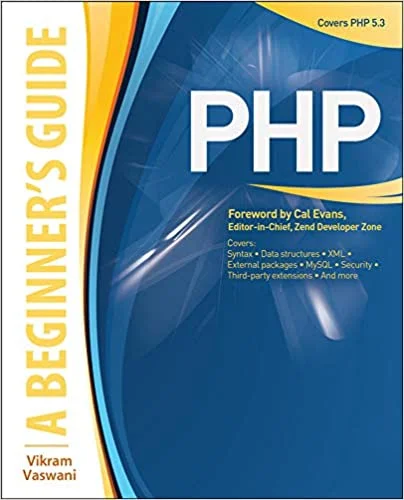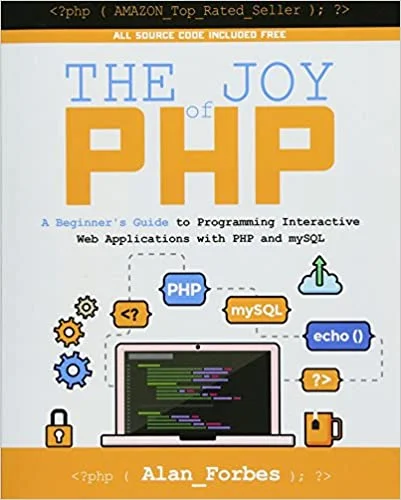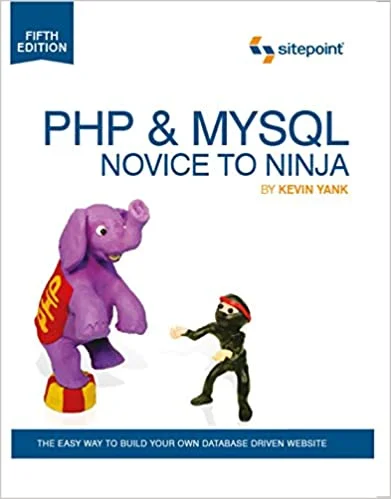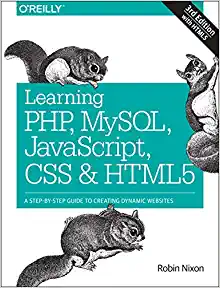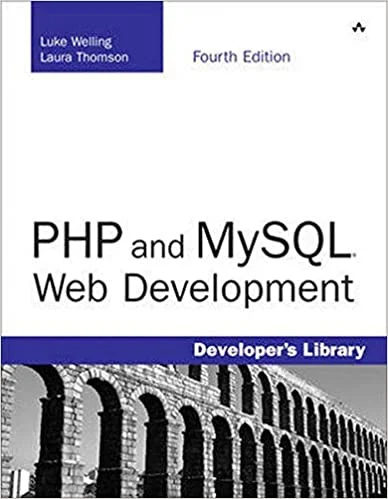Have you ever intended to learn back-end web development but were unsure of where to begin? We’ve finalized 6 Best Books to Learn PHP For Beginners…
You have arrived at the correct location if you’ve got a question “which are the best books to learn PHP for beginners”. Back-end web development employs numerous languages, including PHP, Java, and Python, among others. In contrast, this article will teach you how to learn PHP for back-end web development. Before proceeding with the topic, you must understand what PHP is.
PHP is an acronym for hypertext preprocessor and is a programming language used to create dynamic websites. It is a straightforward and simple open-source scripting language. This language is also object-oriented and interpretive.
Here are the top six books for PHP that will guide you through the process of using PHP for back-end development.
1. Head First PHP & MySQL: A Brain-Friendly Guide
Head First PHP & MySQL offers the same visually rich format that has made the Head First series a best-seller, with exercises, quizzes, puzzles, and other interactive features to help you retain what you’ve learned.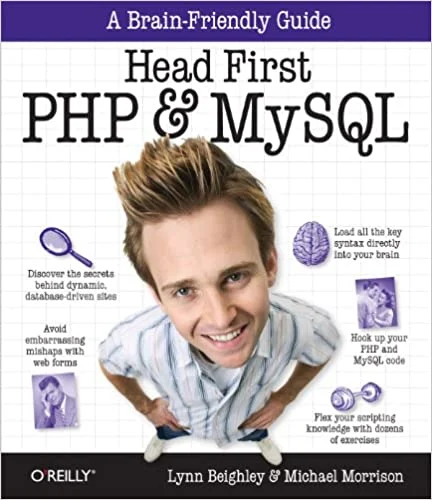
2. PHP: A Beginners Guide by Vikram Vaswani
This book will teach you how to create a database-driven, dynamic website using PHP. It will assist you in writing fundamental PHP programs, integrating MySQL and SQLite databases, and other tasks.
As you progress through the book, you can investigate a variety of topics, including software installations, syntax, data structure, built-in functions, flow control routines, and best practices. At the end of the book, you will have an understanding of the PHP programming language.
3. The Joy of PHP Programming
Are you interested in pursuing PHP education? If yes, then you should read this book. The book begins with HTML fundamentals and simple PHP script creation and execution.
As you progress, you will apply your knowledge to develop a website for a car dealership. It will help you learn PHP in a straightforward, enjoyable, and well-organized manner. At the conclusion of the book, you will be able to apply your PHP knowledge to an actual project.
4. PHP & MySQL – Novice to Ninja 5e
This is a beginner-friendly book for those who wish to learn PHP and create a fully functional database-driven website using PHP and MySQL.
It progresses from installing PHP and MySQL to advanced topics such as binary data stored in MySQL and PHP cookies and sessions. Kevin Yank, a world-renowned authority on web development, imparts his knowledge in this book. From start to finish, this book makes learning PHP enjoyable. An exceptional hands-on, practical guide to learning PHP and MySQL.
5. Learning PHP, MySQL, JavaScript, CSS, and HTML5: A Step-by-Step Guide to Creating dynamic websites
This book teaches you how to create a fully functional social networking website using PHP, MySQL, JavaScript, CSS, and HTML5. This will assist you in becoming proficient in PHP and exploring the MySQL database from scratch.
This book discusses –
Create PHP dynamic webpages Maintain a high level of security by regulating cookies and sessions. How to create interactive web pages using JavaScript Utilize Ajax calls for browser/server background communication How to style your web page with CSS
6. PHP and MySQL Web Development (Developer’s Library)
This book teaches you how to build database-driven web applications using PHP and MySQL. It moves from the fundamentals of PHP to interacting with databases and servers using PHP. The examples include authenticating users, creating shopping carts, dynamically preparing PDF documents and images, sending and managing emails, and more. Whether you are interested in learning PHP, this book is an indispensable resource.
Finally, we have covered the best books that can help you get started with PHP. Therefore, please select one based on your needs and use it to create incredible things. Remember that learning is the only means of self-improvement.
These are the 6 best books to learn PHP. After starting learning PHP from any of these books, you can begin learning practical examples like PHP Form Validation, etc. for your own PHPCod.com If you want any specific tutorial, feel free to contact us and we’ll cover that topic as one of our tutorials.
